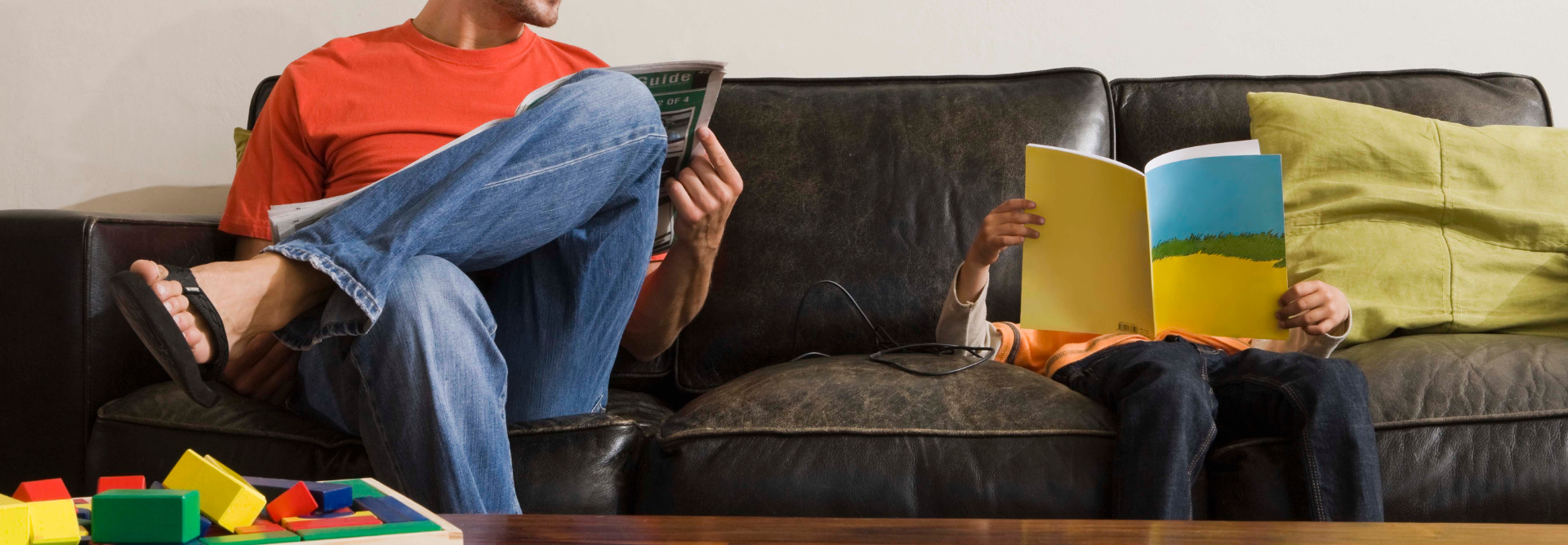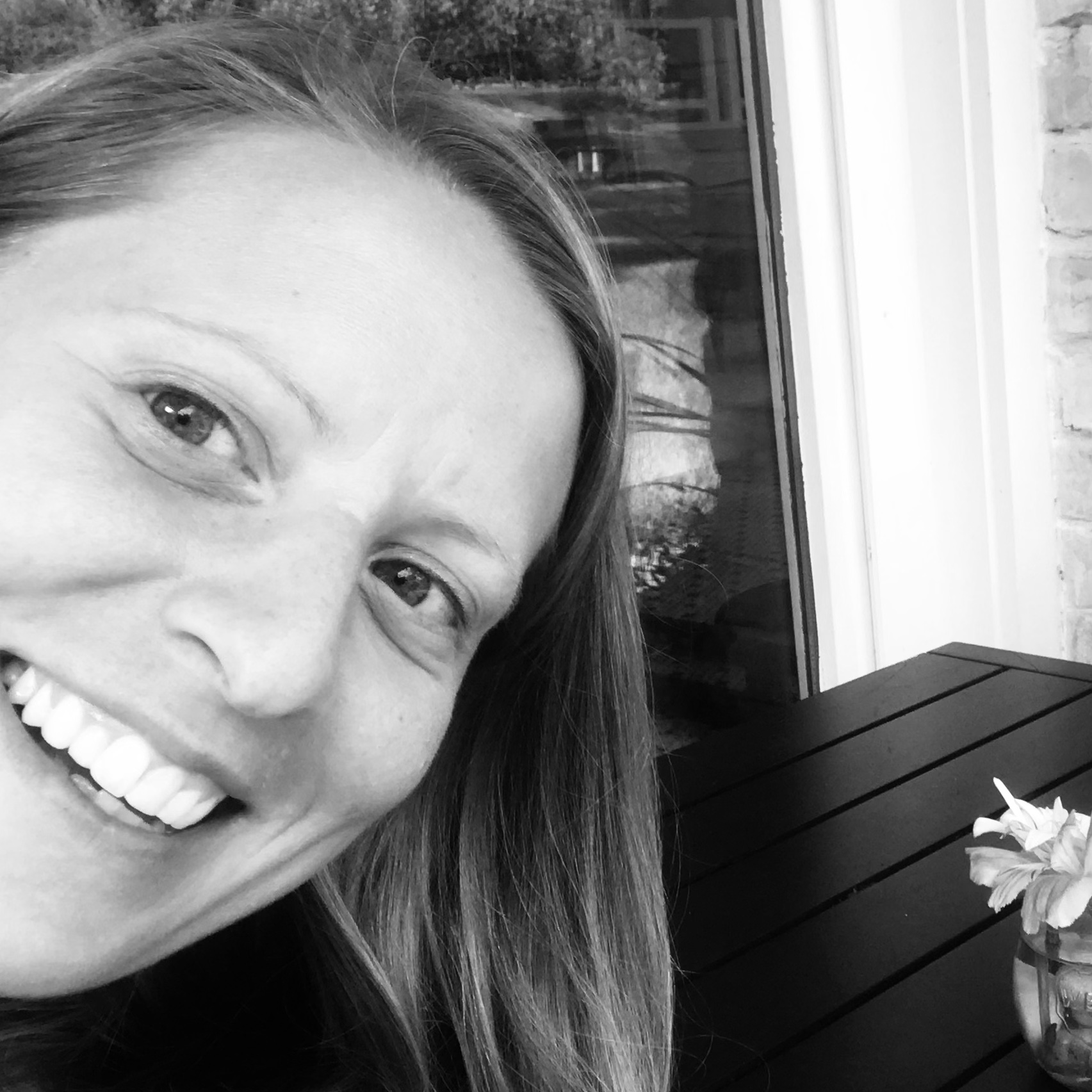Unadultered, you’re right, is not a word. Unadulterated is the word you might be thinking of. It means not mixed or diluted with any different or extra elements or pure. It beautifully describes a person’s initial state of curiosity before a concept is altered or influenced by others’ ideas. Typically these dilutions occur first in childhood when an adult attempts to influence a child with their thoughts, experiences, and biases.
Unadultered learning is my play at meshing unschooling, adultism (the power adults have over children), and an unadulterated life. It is a word meant to help with a disconnect that frequently emerges between children and adults, especially when learning is involved.
See, adults often think they are quite clever. Although usually well-intentioned, we often give our advice and input, inserting our own learning and life lessons on a vulnerable, unsuspecting host. This robs a child of learning something organically and wholly. Their unique experience, however similar it may seem to ours, is now wrapped in our bias and, therefore, tainted by our fears and failures. We think we are saving them from hardship or preparing them for what they need in the world, but what we needed or need to be successful humans does not necessarily apply to what future humans will need. Further, assuming our conclusions and ideas are correct and somehow helpful is downright egotistical. Yea, it is egotistical to assume that we know what is best for anyone else, even our own children; no one can really know.
Unadultered learning is my play at meshing unschooling, adultism (the power adults have over children), and an unadulterated life.
There needs to be a shift in our culture where children can learn as much as possible in an unadultered environment. They need the freedom from adult persuasion and coercion to follow their curiosities, form their own paths and arrive at their own conclusions. Adults don’t need to be nonexistent. We don’t need to disappear in the physical sense but appear as a confident, loving presence that is supportive and respectful of a child’s ability and willingness to seek out learning in their own ways. Think of the quiet grandparent who sits in the corner of a room, seemingly all-knowing. They don’t dish out every bit of experience they’d ever had or tell a child to sit tall, be productive, read a book, do their math, etc. They sit and observe and nap and answer questions thoughtfully and calmly, with loose seriousness.
Instead, many children receive the nervous, overanxious parent or teacher. Parents fear their child will fail miserably if they miss out on the right learning moment or don’t do well in a particular subject. Many fear their child will be socially inept if not constantly exposed to other children. These adults overparent, overteach, and overworry. As a result, their children become unconfident, underprepared, and overwhelmed adults.
We have so many words in the human language, yet many of us are still struggling to find ones to describe the kinds of societies and cultures we’d like to be a part of. This struggle, however, brings me hope. If the terms don’t yet exist, but can, then society has the same potential. If we can still dream up new words and ideas, we can still create change. We can still evolve.
If you enjoyed this article and feel called to give back to ASDE, here are ways you can support our work:
- Donate money
- Share our content with others! Click one of the buttons above to easily share on Twitter, Facebook, or email.
- Consider becoming a Contributor for Tipping Points
Tipping Points Magazine amplifies the diverse voices within the Self-Directed Education movement. The views expressed in our content belong solely to the author(s). The Alliance for Self-Directed Education disclaims responsibility for any interpretation or application of the information provided. Engage in dialogue by reaching out to the author(s) directly.






